Maternal and Child Health: A Successful Grant
Ramona Delmas, Rotary Club of Bishop Sunrise
Brief Summary:
Maternal and Child Health is one of the Six Areas of Focus for the Rotary Foundation. The Rotary Foundation supports activities and training to improve maternal health and reduce mortality for children under five.
According to the World Health Organization, in 2017 approximately 810 women died every day around the world from preventable causes related to pregnancy and childbirth. Most of these women are from lower and middle- income countries. When a mother dies there can be a ripple effect on the family. Often times the newborn dies, other children in the family become orphans due to their mother’s death, the children’s education suffers, and there can be an economic impact on the family and the community.
The main causes of maternal death are: pre-existing conditions, infections, hemorrhage, hypertension during pregnancy, complications from delivery, malnutrition, lack of trained personnel, distance from a medical facility, inadequate and poorly functioning medical facilities, and cultural beliefs. Most of these deaths are preventable.
Rotary Club Project:
In August 2018 The Rotary Clubs of Bishop Sunrise and Oriente de Tuxtla Gutierrez conducted a Maternal Health Community Needs Assessment in the Municipality of Angel Abino, Jaltenango de la Paz, Chiapas, Mexico. The municipality of Angel Albino Corzo has approximately 28 thousand inhabitants of which 45% live in extreme poverty with a high degree of marginalization in most of their communities.
Maternal mortality in the state of Chiapas and the region is a sensitive indicator as to the condition of women’s health. (Maternal Mortality Rate per 100,000 women in Mexico is 38, State of Chiapas 54.8, Municipality of Angel Abino Corzo – 68.5).
The Community Needs Assessment identified the following weaknesses in the area of Maternal Health:
- There is a lack of coordination between different types of medical staff (doctors, nurses, midwives).
- when there is an obstetrical emergency, an operating room to address obstetrical emergency and surgery was nonexistent.
- Additional equipment had deteriorated to the degree that it was completely unusable.
- All medical emergencies were sent to the closest hospital which is three hours away.
- The Community Health Educators in the remote villages needed necessary equipment and training to detect maternal complications in a timely manner.
The strengths identified were:
- strong political support from the municipality leadership and local and state health authorities;
- strategic alliances with Partners in Health in the region, and
- community participation.
The Rotary Clubs of Bishop Sunrise and Oriente de Tuxtla Gutierrez submitted a Global Grant application to the Rotary Foundation and were awarded
$ 137,225.00 dollars in April 2019 for the Jaltenango de la Paz Maternal Health Medical Vocational Training Team Project.
Over the next two years the team will provide intensive, practical skills- training for local health care providers.
The goal of the medical trainings is to improve the scope and efficacy of maternal care provided to the women and families of the region in an ongoing manner with decreasing dependence on resources and technology from foreign personnel.
This project uses the “Train the Trainer” model and has three phases. (1) Train the Trainer Maternal Health academic workshops will be given to maternal health community health educators, midwives, nurses, pasantes (interns), doctors and hospital administrators. (2) Operating room equipment will be purchased for the support of prenatal care, natural deliveries, and surgical deliveries. (3) Maternal Health surgical mission.
Phase 1 of this project was completed August 3-8, 2019. Thirty- seven medical professionals received hands-on-training on the team approach to OB/GYN emergencies, women’s pelvic floor health and family planning. The operating room equipment was purchased and installed.
Fifty -one backpacks with additional basic health care equipment was bought for the community healthcare workers in 10 remote communities and over 200 hundred “Days for Girls” menstrual kits were distributed throughout the region.
The benefits from the Phase I training are already being realized. The hospital staff has protocols in place for medical emergencies, the operating room is being used for c-sections and other OB/Gyn procedures, the Community Health educators in the remote villages are using the medical equipment to assess the pregnant mother’s health and are using a referral system to alert the medical staff of any impending emergencies.
The partnership between the two Rotary clubs, Partners in Health and the local and state health authorities has grown stronger.
When the Rotary Clubs installed the operating room equipment there were still gaps in meeting the needs for additional repairs and remodeling in the hospital. The Chiapas Ministry of Health has funded additional dollars to fill in the gaps and the operating room is now a licensed facility.
Phase 2 and Phase 3 have been delayed due to COVID 19.
We have reallocated some of the grant money to meet the COVID 19 medical needs and at this time we are unsure of how and when Phase 2 and 3 will be implemented.
Lessons learned:
1. It is vital to have a community needs assessment whereby all beneficiaries have an opportunity to speak and identify their needs.
2. Outsiders must respect the local community’s culture and way of doing business.
3. Partner with a Rotary Club you have an established relationship with and understand how their Rotary District works with the club.
4. Use professional interpreters and translators so all communication is clear.
5. Have patience with the process.
Ramona Delmas - Bishop Sunrise Rotary Club
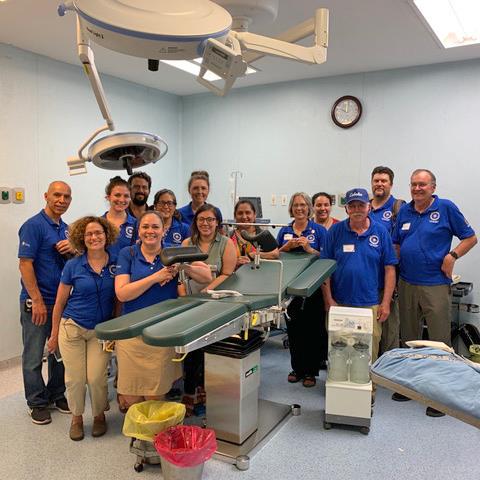 | 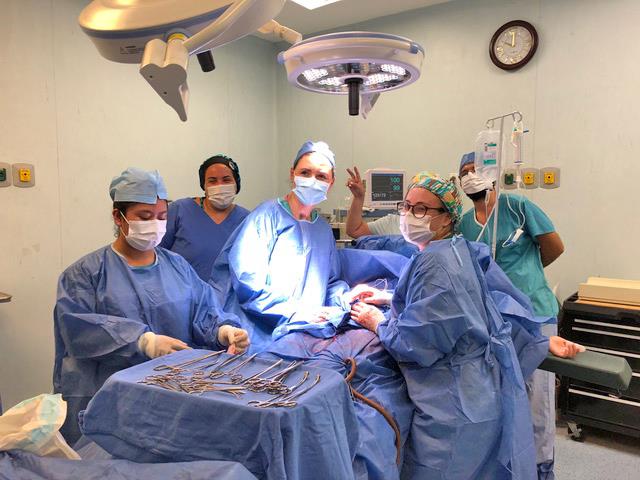 |
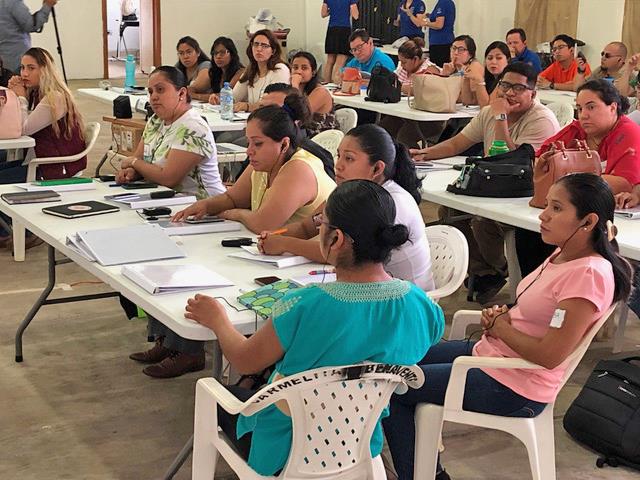 | 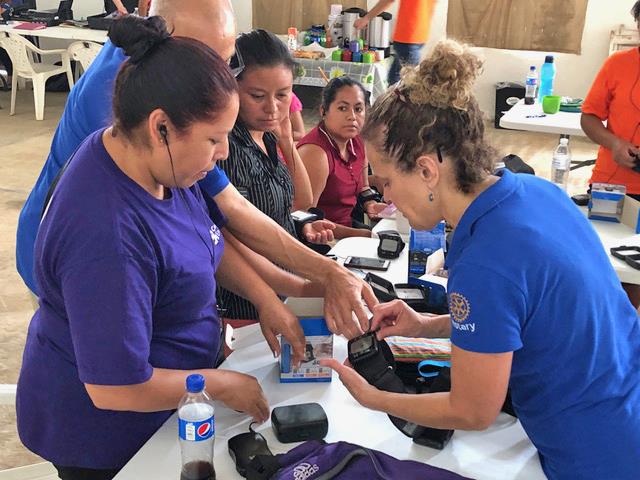 |
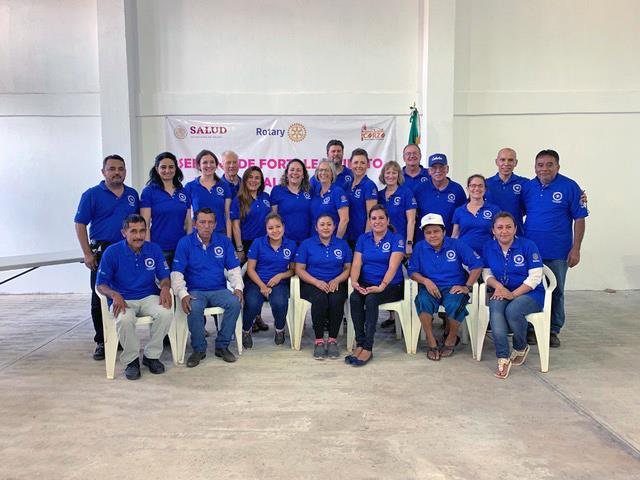 | 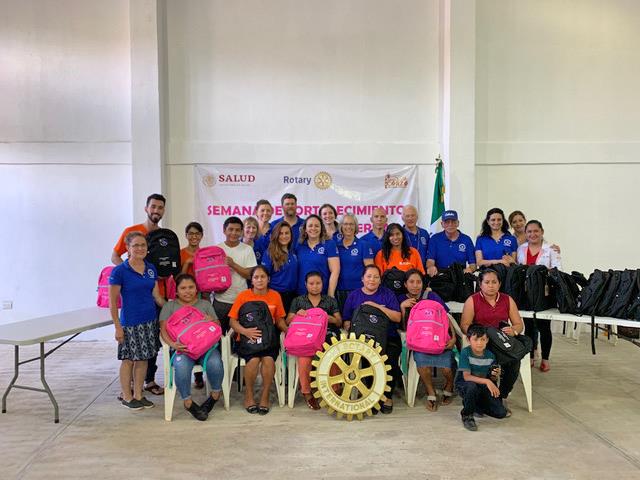 |
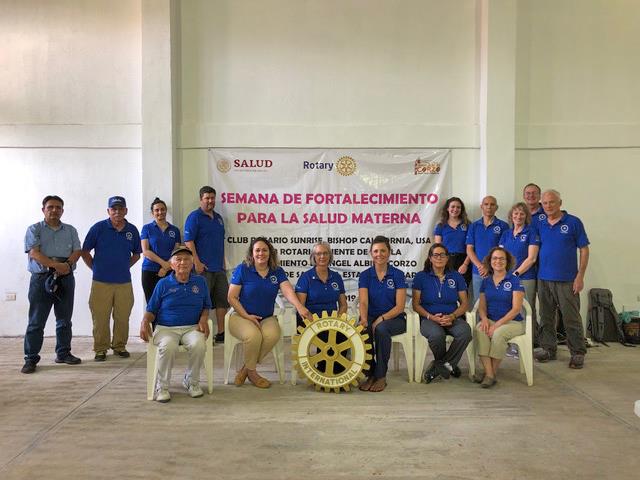 | |